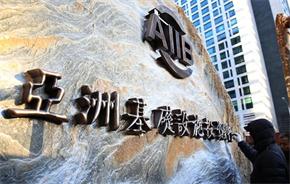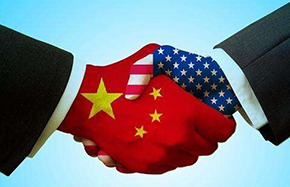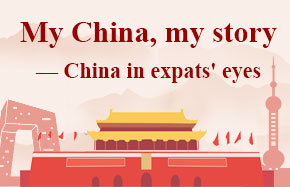EU grappling with its future without UK
[2017-03-08 08:34]
The European Commission released a white paper about the future of Europe last week, through which it aims to trigger a full range of bottom-up debates on social, defense, finance and monetary issues that will define the 28-member bloc's destiny after the United Kingdom leaves it.
New way of tackling poverty is precisely what China needs
[2017-03-01 07:20]Tremendous changes have taken place since then, though my mountainous county-Tongjiang-is still listed as one of the poorest in China.
China can help boost European Union's economic growth
[2017-02-21 07:43]Many European leaders have run out of words to describe the situation in the European Union. But there seems to be light at the end of the tunnel.
China, EU and US should work together
[2017-02-14 07:49]Since the victory of Donald Trump in the US presidential election, opinion leaders worldwide, especially those in Brussels, have been putting forward proposals on the evolution of global leadership and warning against the consequences of the United States' refusal to fulfill its global commitments.
Tusk should focus on the real threats that the EU faces
[2017-02-07 07:39]Being assertive is not a bad thing, especially at critical times when the world is confronted with various crises. In fact, we are in extreme need of confident global leadership at this time.
Transatlantic alliance is likely to experience biggest shift for decades
[2017-01-24 06:57]The transatlantic alliance will likely experience its biggest shift for decades during Trump's presidency, if his guiding principles do not change.
True value is in shared outlook of openness
[2017-01-17 07:04]It is with this shared value that the two countries will explore the upgrading of their free trade partnership by further lifting trade barriers and waiving tariffs.
Will foreign coaches, players help improve Chinese soccer?
[2017-01-10 07:39]At the end of 2016, China even signed its first soccer partnership with Germany, showing its determination to learn from the world's most competitive players.
Resolutions the West should have made for the New Year
[2017-01-04 07:37]On New Year's Eve, one of my best friends sent me an emotional text message saying she was lucky to have taken off from Brussels International Airport in the early hours of March 22, just a few hours before the terrorist attacks at the airport and Maalbeek metro station in central Brussels. She wished us all the best for the New Year.
Europe has reason to feel cheerful but it must oppose protectionism
[2016-12-29 08:18]When describing the condition of the European Union, many are inclined to recite a long list of crises facing Europeans. Apart from the fallout from the Brexit vote, mass migrations of displaced people, terrorism, changes in leadership and other events.
Trump can learn lessons from European leaders
[2016-12-20 07:19]When hearing US president-elect Donald Trump's recent irritating rhetoric on China, former French premier Jean-Pierre Raffarin, a veteran politician, was reminded of something similar in Europe not too long ago. It involved Nicolas Sarkozy, who served as French president from 2007 to 2012.
EU starts timely program to help its young people
[2016-12-13 07:34]China and the EU have agreed to cooperate on some mega projects, such as the€315 billion ($350 billion) investment plan and the Belt and Road Initiative. Now, they need to explore another front to connect the minds of the younger generation by learning from Juncker's European Solidarity Corps.









